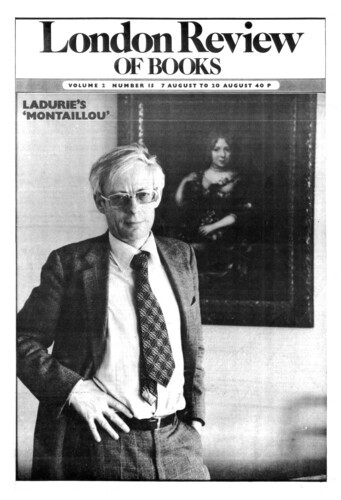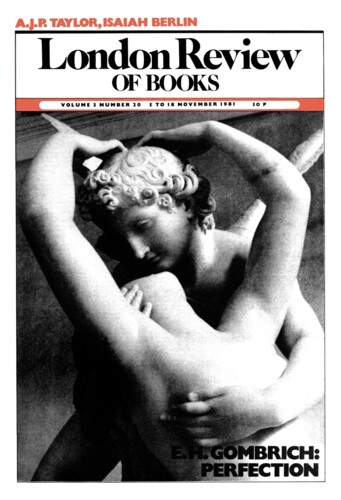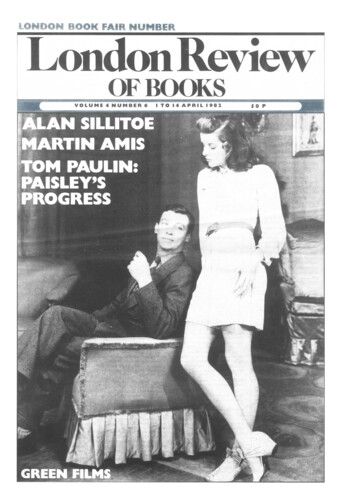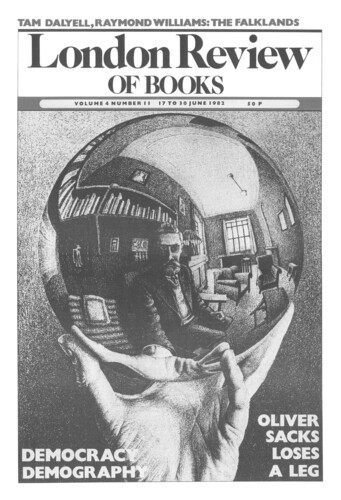Poem: ‘Presbyterian Study’
Tom Paulin, 7 August 1980
A lantern-ceiling and quiet. I climb here often and stare At the scoured desk by the window, The journal’s conscience And its driven pages.
It is a room without song That believes in flint, salt, And new bread rising Like a people who share A dream of grace and reason.
A bit starchy perhaps. A shade chill, like a draper’s shop. But choosing the free way, Not the formal, And...




